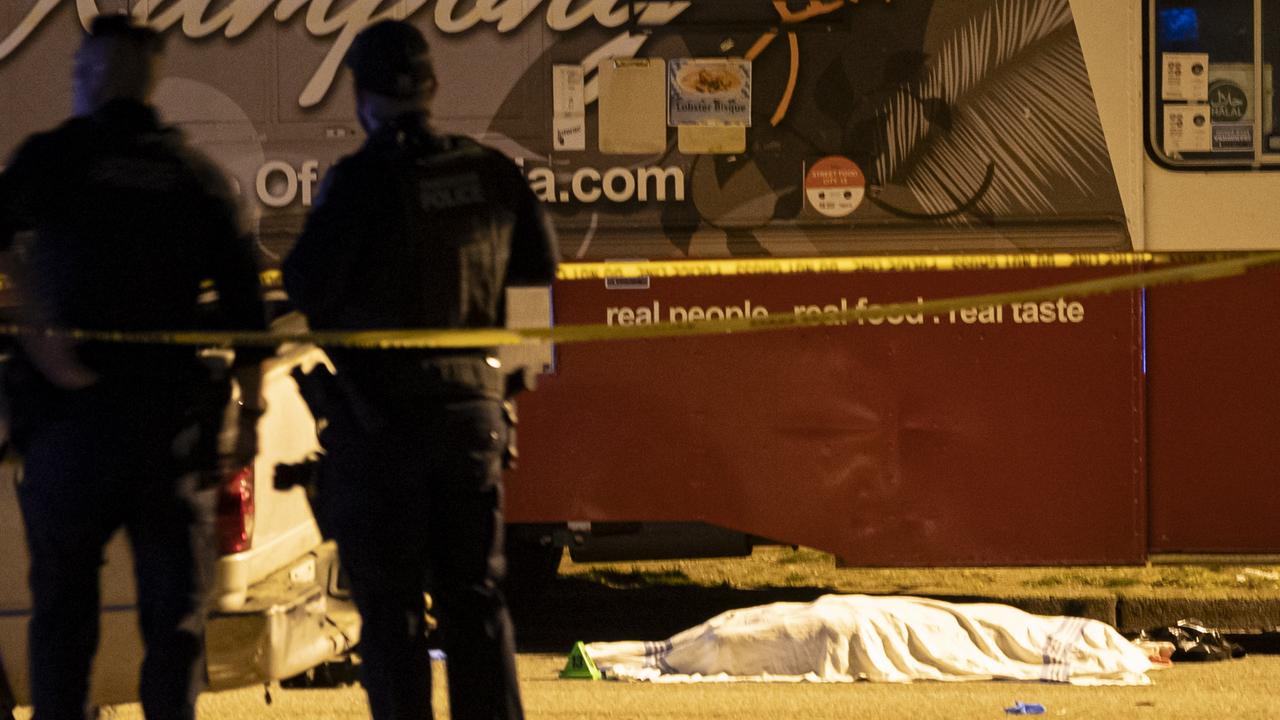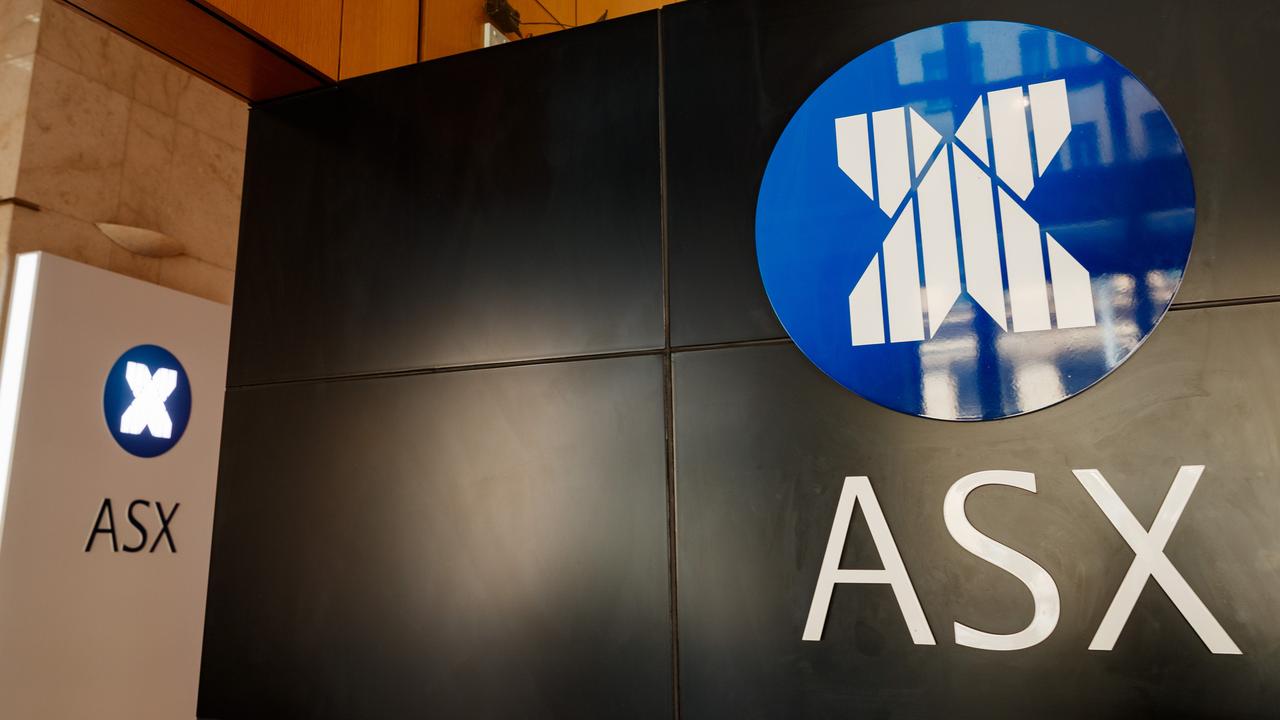‘Not about welcoming you into Australia’: Huge misunderstanding about Welcome to Country
The ongoing fallout from booing at the Anzac Day service Welcome to Country has exposed a lie being spread about the ritual.
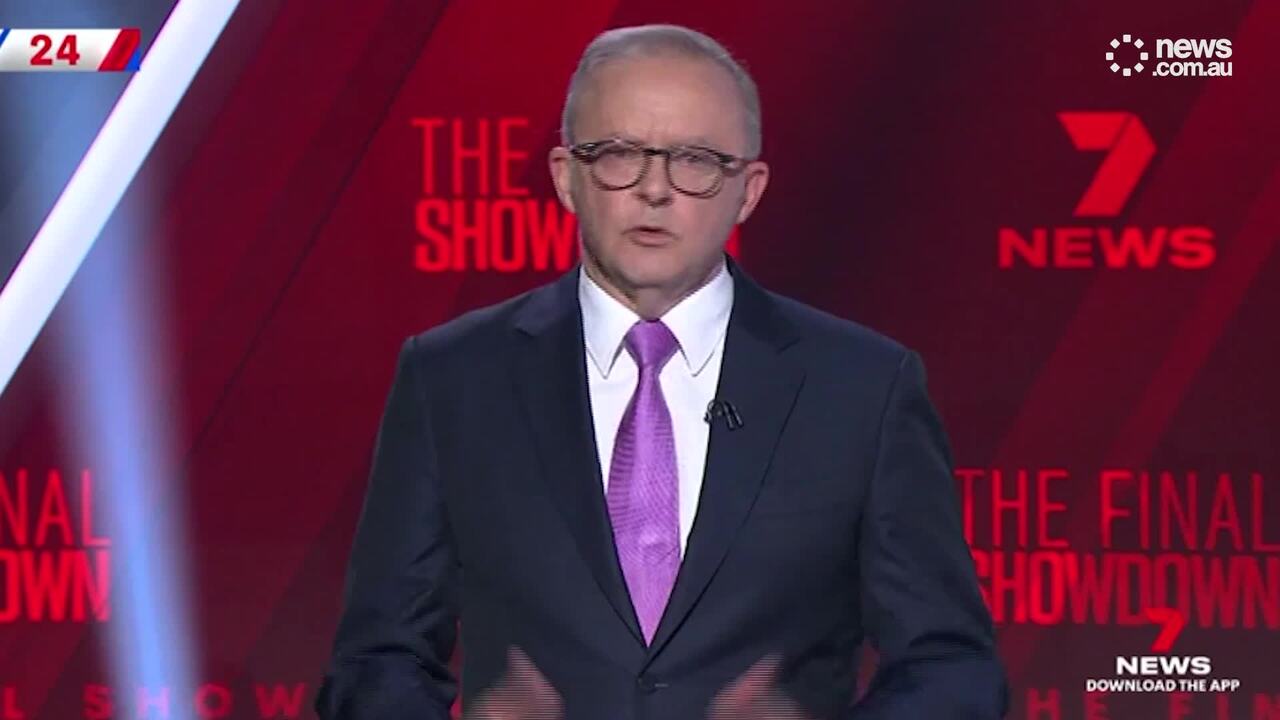
“I’m Aboriginal. I’m Australian.”
That was the defiant, four-word response of one Anzac Day service attendee – the son of a WWII veteran – when asked by internet personality Connor Kennedy how he felt about Welcome to Country ceremonies.
“Hogwash. Absolute hogwash,” the man continued, before claiming: “They’re trying to split us all up.”
Debate over the necessity of the practice was blown open last Friday after a group of hecklers – led by known neo-Nazis – booed the Welcome to Country at the traditional Dawn Service in Melbourne’s CBD.
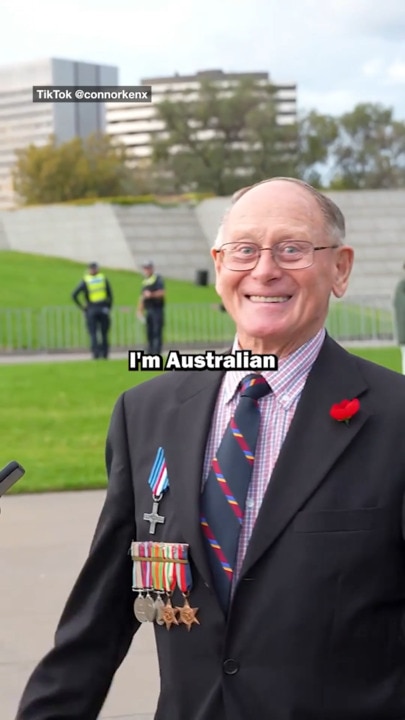
Though their behaviour was strongly condemned by figures across the political spectrum – including Prime Minister Anthony Albanese and Liberal leader Peter Dutton – the incident poured petrol on a fire that’s long burned fiercely on its own.
The discourse in the 72 hours since has exposed two key insights about Australians’ attitudes toward the ritual in 2025.
One is that a not-insignificant portion of the population believe Welcome to Country has become “too common”. During the final leaders’ debate of the election campaign on Sunday night, Mr Dutton argued that acknowledgments of the traditional owners of the land are now “overdone” and should be relegated to “major events” only.
Nationals MP Barnaby Joyce revealed the other when he popped up on Sunrise on Monday morning, declaring he doesn’t “want to be welcomed back to my own hometown”: that many Australians fundamentally misunderstand what a Welcome to Country actually is.
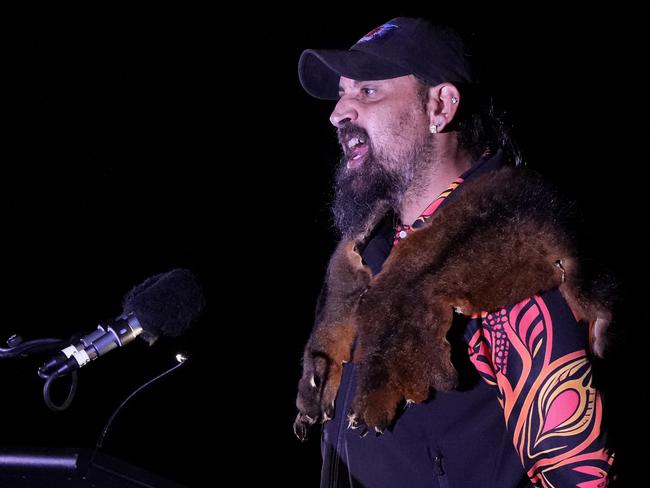
‘It’s not about welcoming you to Australia’
Dr Jessa Rogers is a Wiradjuri woman and Associate Professor of Indigenous Education at the University of Melbourne.
It is “completely ridiculous”, Dr Rogers told news.com.au, that people think a practice that has “been occurring for tens of thousands of years” is “divisive”.
“It’s not about welcoming you to Australia,” she explained.
“People think that a Welcome to Country is welcoming them to Australia, when in fact it is welcoming them to the specific Country of that local Aboriginal nation.”
Simply put, Dr Rogers explained, Welcome to Country is a formal welcome by the traditional owners and custodians of a particular place, to their country.
“Country is not the same as ‘Australia’ – it is a spiritual concept as well as a physical one: it encompasses landmarks but also people, skies, waterways and beings,” she continued.
“Country is what we belong to as Aboriginal people.”
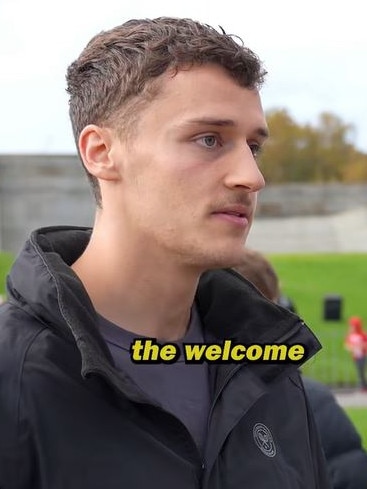
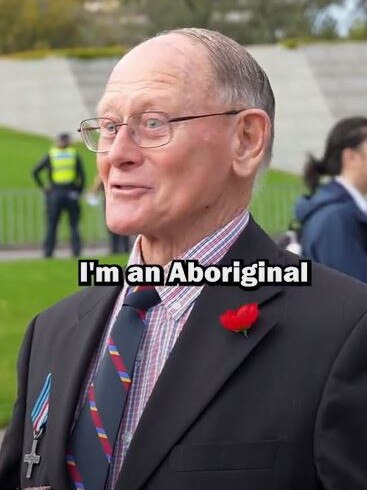
Malgana, Nyikina, and Jabirr Jabirr educator and artist Lauren Greatorex said it was “both hilarious and exhausting that some non-Indigenous Australians believe a Welcome to Country is literally a welcome to the entire continent”.
Rather, the ritual is “cultural protocol that has existed for thousands of years” and is “about respect, responsibility, and relationship, not just geography”, she explained in a post on Facebook.
“It is a meaningful cultural gesture by the local Aboriginal community to acknowledge those who are guests on their own shared land,” Ms Greatorex said.
“If you were born or live on that Nation, great, but many have travelled from other places.
“This practice ensures that those visitors are welcomed appropriately, continuing the cultural obligation of respect and hospitality that predates colonisation.
“This isn’t complicated, it’s culture. It’s protocol. And it’s ours.”
‘No law’ as to when Welcome to Country should take place
Asked for his response to Mr Dutton’s remarks during Sunday’s debate, the Prime Minister said the ceremonies are a “matter of respect”, and that it should be at the discretion of an event’s host as to whether they commence with one or not.
“It’s up to them, and people will have different views, and people are entitled to their views, but we have a great privilege, from my perspective, of sharing this continent with the oldest continuous culture on earth,” Mr Albanese said.
“When I welcome international visitors to Parliament House, you know what they want to see? That culture.”
The best people to make such a determination, Dr Rogers said, “are the local peoples”.
“They have their own protocols and should be consulted about what is most appropriate when a gathering of visitors is occurring on their Country,” she said.
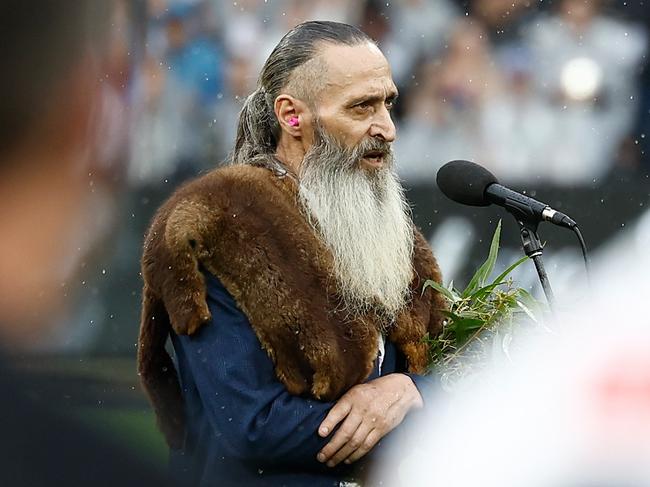
On Friday, Empact News took to the streets of Melbourne’s CBD to ask whether people supported the practice. Though all respondents lambasted those who had protested it that morning, some, much like the Opposition Leader, said it was not necessary “all the time”.
“It gets a bit monotonous,” one man told the outlet. “I’ve got some great Aboriginal friends, you know, and they feel the same.”
“I do (support it), yes, when it’s appropriate,” another man said, without specifying what might constitute an “appropriate” occasion.
Given there is “no law” that says a Welcome to Country must precede any occasion – whether it be a sporting event or the opening of a new local museum – Dr Rogers said she is “a little bit perplexed … that people think it is being ‘forced’ on them”.
“If the organisers of, say, a Wallabies versus All Blacks game organise for the local people to give a Welcome to Country, those who are in attendance at most have to listen to someone speak for a minute or two, or observe a smoking ceremony, or dance, before they get to watch the game,” she said.
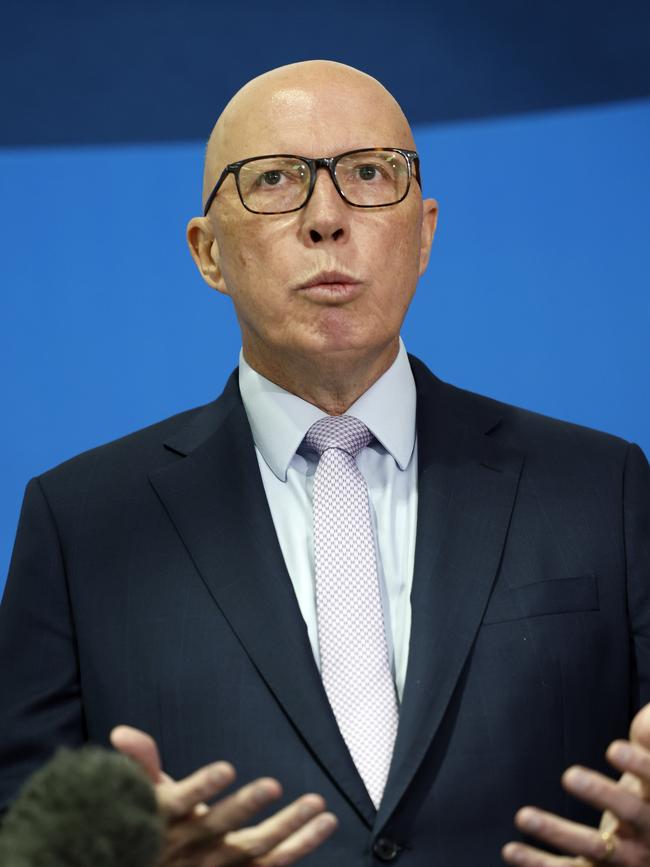
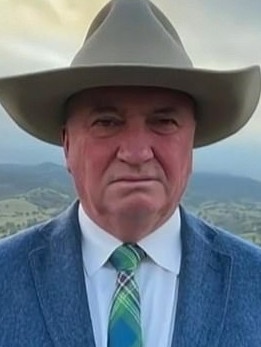
As to what happened on Anzac Day in Melbourne, “the disgraceful behaviour of those who booed the Elder says more about them than it does about the Elder or the organisers”.
“I would like to think that ignorance and a lack of education is a big part (of what perpetuates Australians’ misunderstanding of Welcome to Country),” Dr Rogers said.
Given the public response to articles she’s recently written on the matter for two major newspapers, however, “I think there is still a significant amount of racism involved”.
“Some of the views people expressed about having a Welcome to Country at Anzac Day ceremonies, demonstrated both a lack of understanding, and unwillingness to learn,” she said.
“And there were also some who just genuinely do not believe that Aboriginal people should have any recognition. They would rather we be invisible.”
Australia prides itself, Dr Rogers said, “as a country that gives everyone a fair go”.
“So why not give Aboriginal people a fair go and show some respect to what is a generous and inclusive gesture of welcoming?.”
More Coverage
Originally published as ‘Not about welcoming you into Australia’: Huge misunderstanding about Welcome to Country




